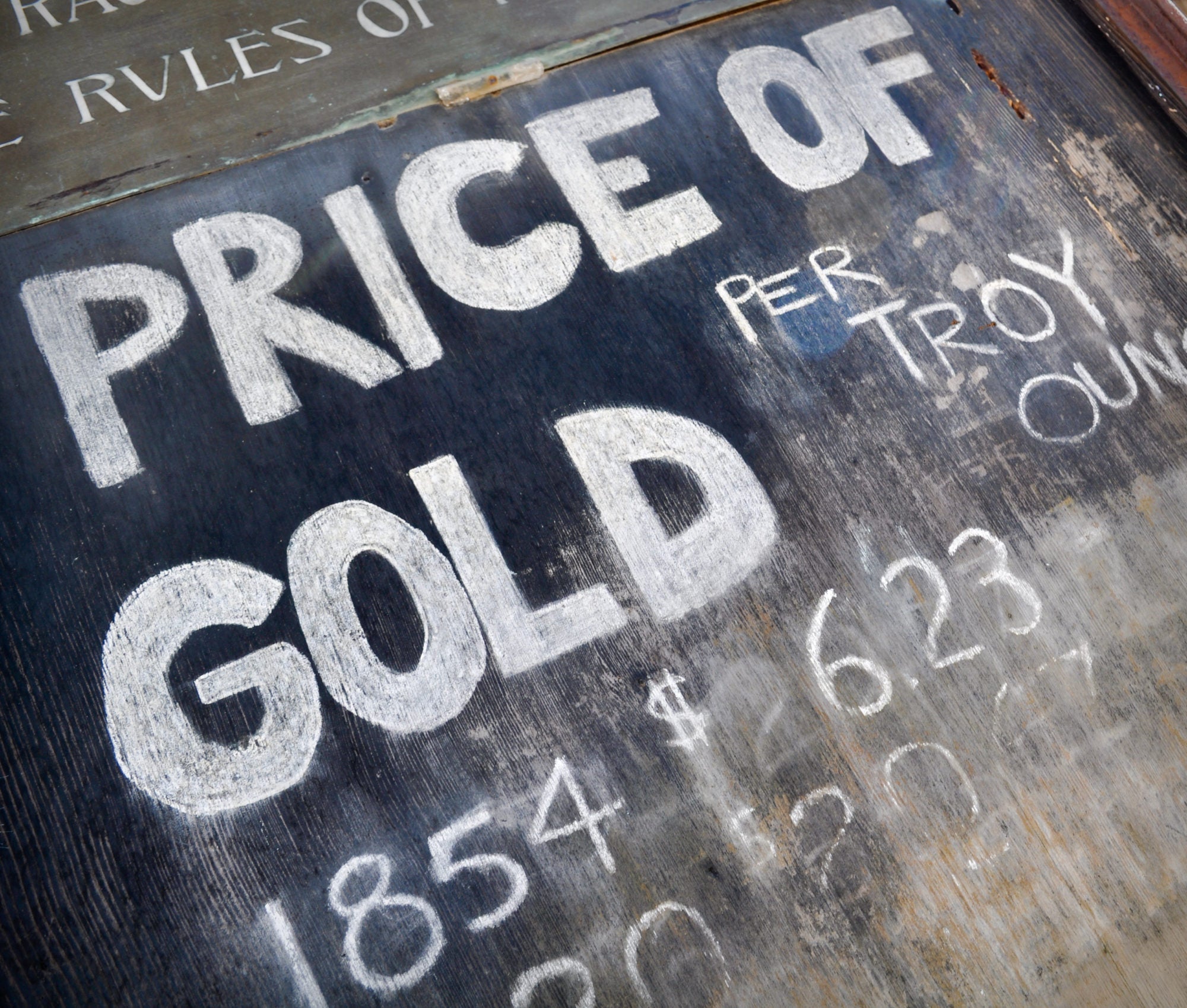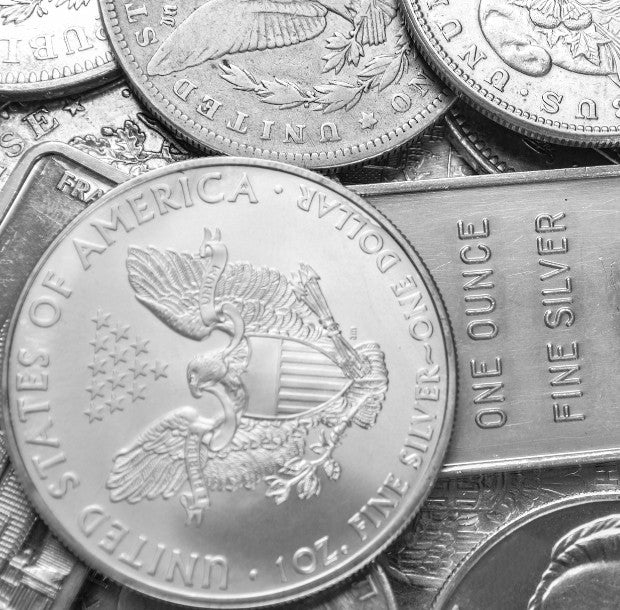Fears that the viral outbreak spreading in China and across its borders may curtail global economic growth sent stock markets into a tailspin and investors rushing to the relative safety of gold. The Dow Jones Industrial Average lost 813 points, or nearly 3 percent, over five trading days ending on January 27. As stocks sank, investors shifted funds into safe havens, like gold, which climbed to $1,577.40 an ounce, just shy of its 52-week high.
The Center for Disease Control said the coronavirus outbreak is “unfolding rapidly,” causing the U.S. to consider tighter screening at international entry points and advise against any non-essential travel to China. The Chinese government had already imposed travel restrictions on its population.
“China is the biggest driver of global growth so this couldn’t have started in a worse place,” Alec Young, FTSE Russell global markets research director, told CNBC.
The coronavirus is a respiratory illness whose symptoms include fever, cough, and shortness of breath, and may elevate to pneumonia. China was blaming more than 100 deaths on the virus as of January 28. Five cases of the disease had been identified in the United States, and Germany reported the first case of the virus in Europe.
Is the virus likely to slam the brakes on the global economy? Most likely not. Still, the response of financial markets is instructive for investors, particularly those who may have believed the stock market could keep climbing indefinitely. No matter how strong the economy and corporate profits, at some point Wall Street is always going to find something to worry about, a trigger that can send the stock market plunging. It is still far too early to know how much damage the coronavirus fear will inflict on equities and the economy, but growing investor anxiety shows the importance of holding a portion of one’s portfolio in safe-haven assets like gold.
Real Time Precious Metals Data Below







